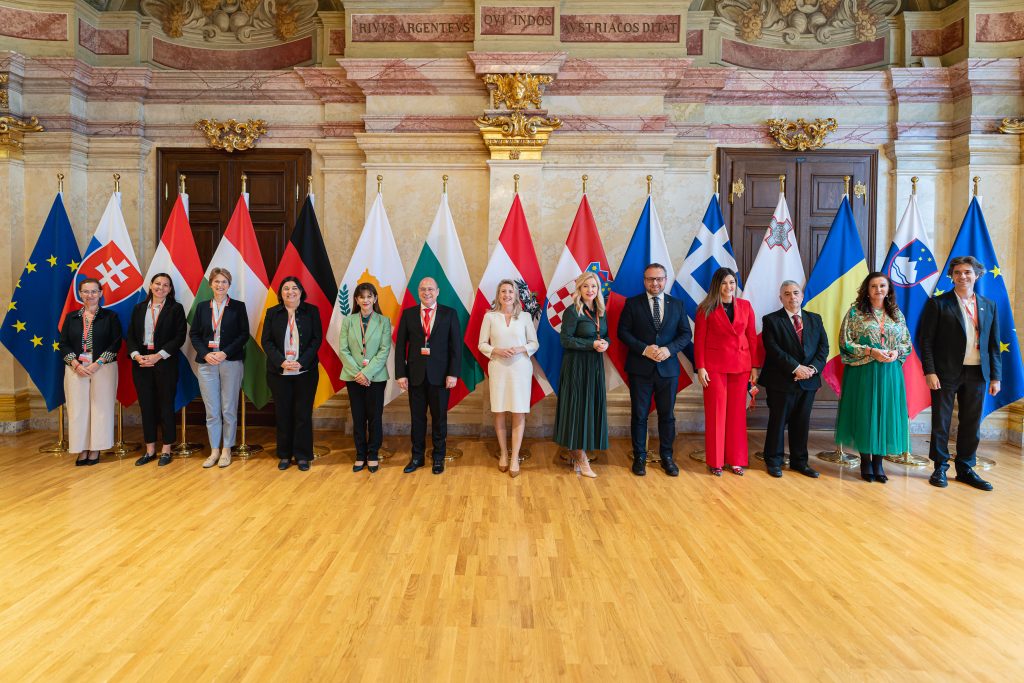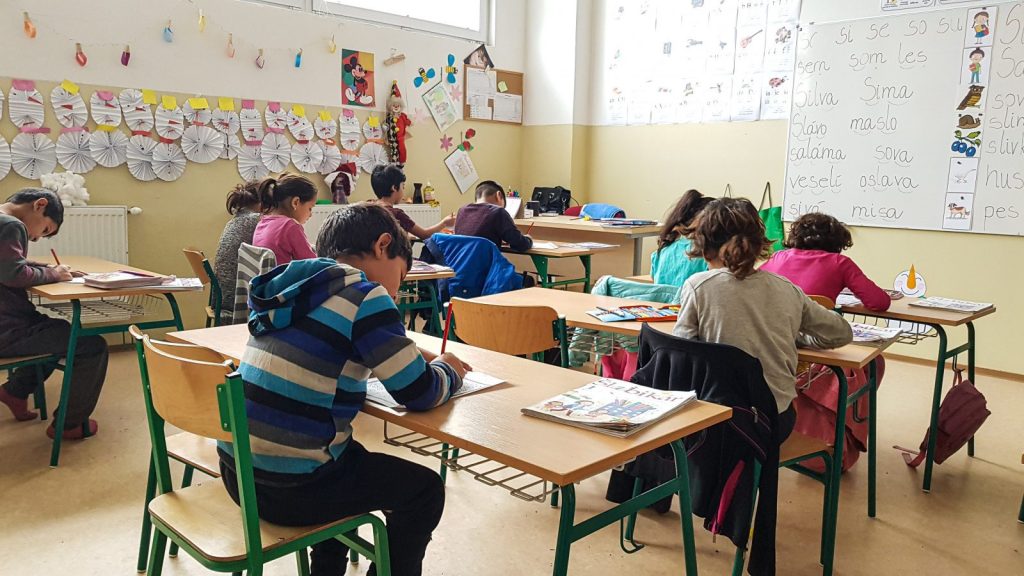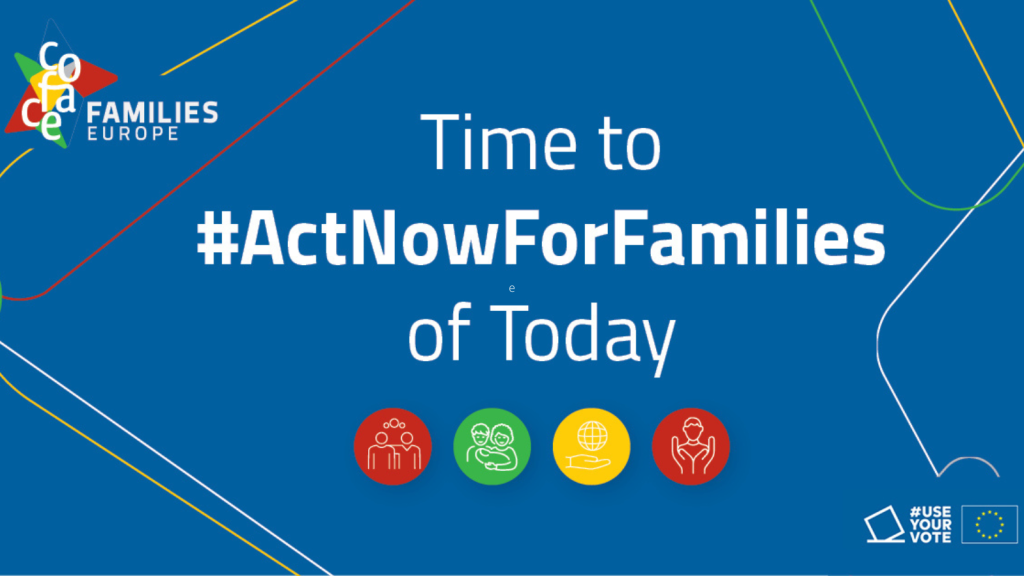Ligue des familles, a Belgian member of COFACE Families Europe, advocates for an increase in the minimum number of annual leave days per year.
Parents need their annual leave to meet the essential need for balance between family life and work. According to their latest Barometer 2022 (Ipsos data), 70% of parents find it difficult to work full-time while having children. This figure rises to 81% for parents of young children (aged 0-3). Parents have enormous needs in terms of reconciling their private and professional lives, yet the existing arrangements are inadequate. These include the low pay for family leave and the overly strict conditions for accessing it, the lack of paid sick leave and the absence of arrangements for dealing with family emergencies.
Parents are therefore obliged to use their annual leave to meet this essential need for balance between family life and work. In the 2022 Barometer, when Ligue des familles asked parents what their priorities are in this area, more annual leave comes in second place. And with good reason: again, according to their latest Barometer (Ipsos data), fewer than half of parents have extra days of annual leave: 39% of parents have only the statutory 20 days’ leave per year (46% of low-income parents); 45% receive more from their employer. This is a highly income-related issue since parents on higher incomes have greater access to additional days of leave.
Belgium is one of the countries in Europe that offers its workers the fewest days of annual leave. Spain offers 30, Luxembourg 28, France 25 and Germany 24.
The Ligue des Familles is calling for all parents to be able to benefit from a minimum of 25 days’ statutory leave per year. This is the minimum required to enable parents to meet their essential needs in terms of balancing work and family life. But it’s also about preventing parental and professional exhaustion, illness and burn-out.
Read their full analysis here (FR).





